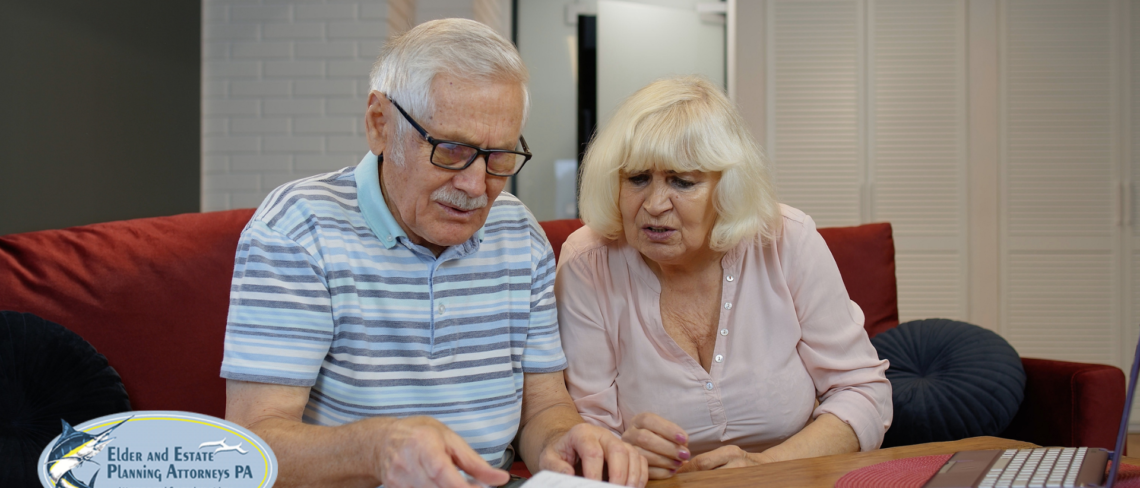Do you have an aging loved one who may need a nursing home soon? Are you wondering how to even start selecting one? How do you decide on the best place for your loved one? Are you worried about locating a nursing home that will take the very best care of your loved one?
To begin, skilled nursing facilities, commonly called nursing homes, are residential care facilities that provide around-the-clock medical care and supervision to seniors. The seniors in these facilities need help with daily living activities, such as bathing, dressing, and medication management. We would like to go over key items that you should be aware of and for you to consider before you choose a nursing home:
- Be aware that there are different levels of care: Nursing homes offer different levels of care, from short-term rehabilitation to long-term care for residents with chronic conditions.
- It is vital that the staff is qualified: Nursing homes are staffed by trained healthcare professionals, including registered nurses, licensed practical nurses, and certified nursing assistants.
- There are a wide variety of services available: Nursing homes provide a range of services, including medical care, medication management, physical therapy, occupational therapy, and social activities.
- The cost of care should be planned in advance whenever possible: Nursing homes are expensive, and the cost varies depending on the level of care and location. Some nursing homes accept Medicare or Medicaid, while others are private pay.
- The quality of care is very important, as well as, the quality of the overall facility and services: The quality of nursing homes can vary widely and it is important to research and visit facilities before making a decision.
- It is important to know that there are state and federal regulations: Nursing homes are regulated by state and federal agencies, and must meet certain standards of care and safety.
- Be aware that the residents do have rights: Residents of nursing homes have certain legal rights, including the right to privacy, dignity, and quality care.
When you review these key items you will be equipped with the knowledge to help make sure that the facility your loved one moves into knows and understands how to rightly protect aging seniors. Most importantly, when you visit your loved one you can observe whether the nursing home is caring properly for their aging and frail residents. With the health and well-being of vulnerable loved ones at stake, it is vital that you look out for bedsores and neglect when you visit.
Another key point is that if you suspect an aging loved one is suffering from neglect or bedsores in a nursing home, it is highly recommended that you speak with your Florida elder law attorney to do something about it. Do not wait. If you have any questions, do not wait to contact our law office to ask them.
We know this article may raise more questions than it answers. Elder and Estate Planning Attorneys, PA, is a law office small enough to provide personal service but large enough to provide service in Jupiter, as well as Palm Beach, Martin, St. Lucie, and Indian River Counties in Florida. Our law firm will guide you through legal challenges involving elder law, estate planning, trusts, veterans benefits, real estate, and more. We encourage you to contact us and schedule a meeting with our attorneys.






